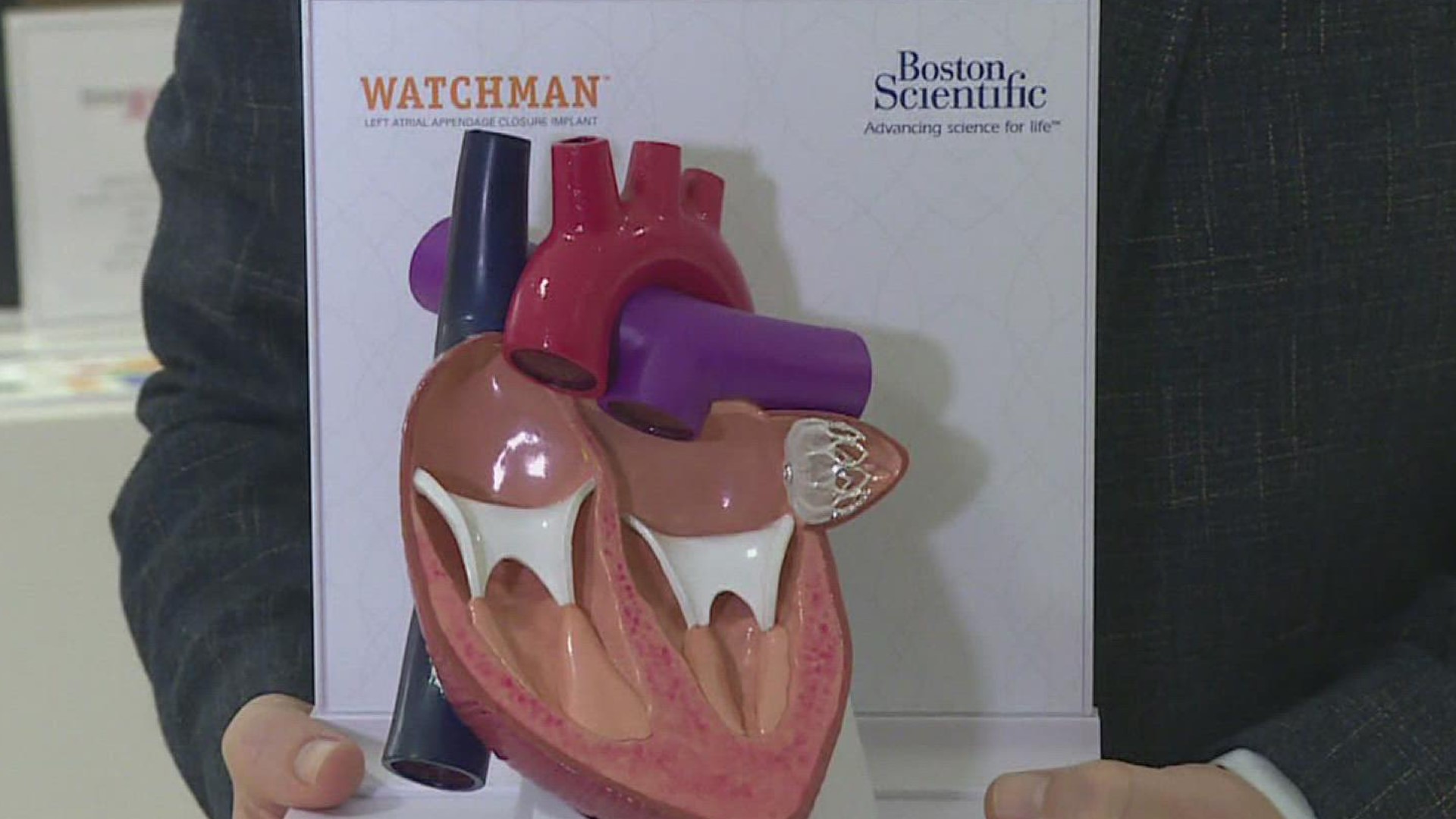CORPUS CHRISTI, Texas — Carotid Artery Disease (CAD) occurs when fatty deposits clog the blood vessels that deliver blood to your brain and head. These blockages increase your risk of stroke. We spoke with Dr. Silverman about the condition.
One of the big things we wanted to know was what some of the symptoms can look like. That, and how can we reduce the risk of developing CAD?
"Anything that would add to blockage of the artery is one of the risk factors," Dr. Silverman explained. "Tobacco abuse or smoking, diabetes, obesity, hypertension, sometimes genetics."
Dr. Silverman stressed that, "most of the time, it's more of a lifestyle issue."
So, given that this is part of our health we have direct control over, we wanted to know how this disease presents itself. And once it does, what can we do?
"The problem is, Carotid Artery Disease really doesn't have any symptoms until it gets severe." Dr. Silverman said, "And when I say severe, I mean the blockage is over 60-70% of the diameter of the vessel."
Once the blood vessel gets that tight, blood clots can start forming. Those can then travel to the heart, or worse, the brain.
"It's really one of those things where your physician or your healthcare provider has to be aware of your risk factors, and say let's take a look." Dr. Silverman said.


But the good news, is that if they know what they're looking for, all it takes to find is a stethoscope and a good ear. "You can sometimes hear a murmur over your neck. The easiest way to check is an ultrasound," Dr. Silverman explained.
As for who this condition impacts, Dr. Silverman told us that "it's mostly men."
"After age 75, [rates in] women pick up too. And that's about the same thing with heart disease, where up until 55 or so, women start catching up to numbers that are the same across the sexes." Dr. Silverman said, "As you get older, the more common it is."
It's a reminder to always be conscious of your health, and to speak with your doctors about the potential risk factor. Carotid Artery Disease doesn't present symptoms until it's severe, but it can still be caught before then.
So stay safe, stay healthy, and take care of your heart.

